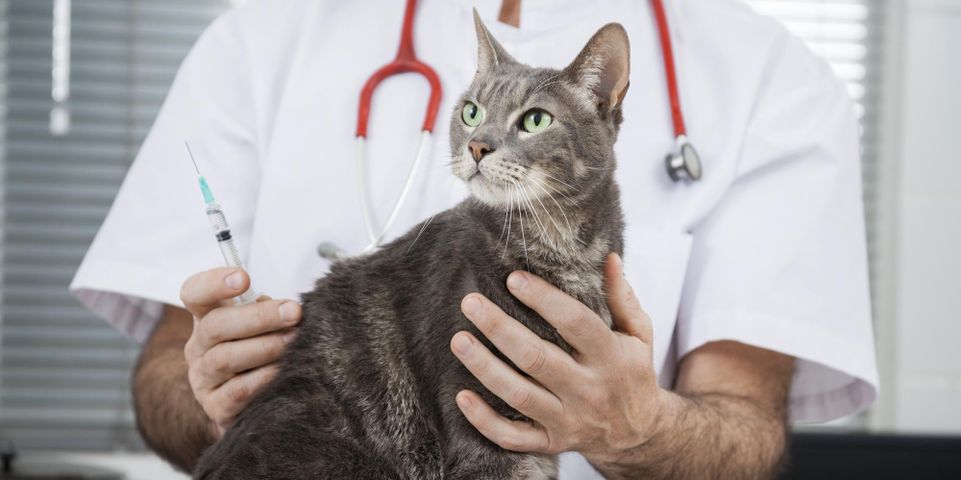
According to the ASCPA, both cats and dogs should be protected against distemper through vaccination in the early stages of life. Without this protection, your pet faces a high risk of catching a very dangerous and potentially fatal disease. To help you understand the risk behind distemper, our team at Nutmeg Spay/Neuter Clinic in Stratford, CT answers a few common questions owners have about this core pet vaccination.
What to Know About the Distemper Pet Vaccination
Do I Really Need to Be Concerned About Distemper?
Like many communicable animal diseases, distemper is contagious and potentially deadly for unprotected cats and dogs. Unlike rabies, where direct contact with an infected animal is needed to spread, distemper is easily transmitted when your pet comes in casual contact with or even drinks from the same water dish of an infected animal.
 Upon infection, animals can develop fever, eye discharge, fatigue, coughing, congestion, vomiting, and decreased appetite. As distemper progresses, it will attack the nervous system and cause a variety of involuntary actions in your pet—such as twitching muscles, paralysis, increased salivation, and seizures. According to the American Veterinary Medical Association, there is no cure for this disease. While it can be treated, it can cause lasting nervous system damage and may become fatal.
Upon infection, animals can develop fever, eye discharge, fatigue, coughing, congestion, vomiting, and decreased appetite. As distemper progresses, it will attack the nervous system and cause a variety of involuntary actions in your pet—such as twitching muscles, paralysis, increased salivation, and seizures. According to the American Veterinary Medical Association, there is no cure for this disease. While it can be treated, it can cause lasting nervous system damage and may become fatal.
What Else Does This Pet Vaccination Protect Against?
Puppies receive protection against distemper with the DA2PP vaccine. In addition to protecting against distemper, this pet vaccination also immunizes against canine adenovirus type 2, parvovirus, and parainfluenza, all highly contagious and deadly.
Cats who receive distemper protection with the FVRCP vaccine gain defense against serious health risks. Specifically, the FVRCP vaccine protects against rhinotracheitis, calicivirus, and panleukopenia—three airborne viruses that can cause the same issues as in dogs.
When Should My Pet Have the Distemper Combo Vaccine?
Since young cats and dogs are particularly vulnerable to these viruses, they should begin the vaccination series at between six and eight weeks of age. Both kittens and puppies will require a series of booster shots to gain complete protection; it’s best to speak to your regular veterinarian to arrange these appointments. After the initial series, annual booster vaccines likely will be needed, depending on your veterinarian’s recommendation.
Protecting your new cat or dog against distemper is easy when you turn to our team at the Nutmeg Spay/Neuter Clinic. Serving the local community, our clinic offers low-cost services to help your new pet lead a long and healthy life. In addition to affordable pet vaccinations given at the time of the spay and neuter appointment, our friendly staff can help your four-legged friend stay well through inexpensive heartworm testing, parasite treatment, and more. For more information, visit our website. To schedule an appointment, call us at (203) 690-1550.
About the Business
Have a question? Ask the experts!
Send your question

